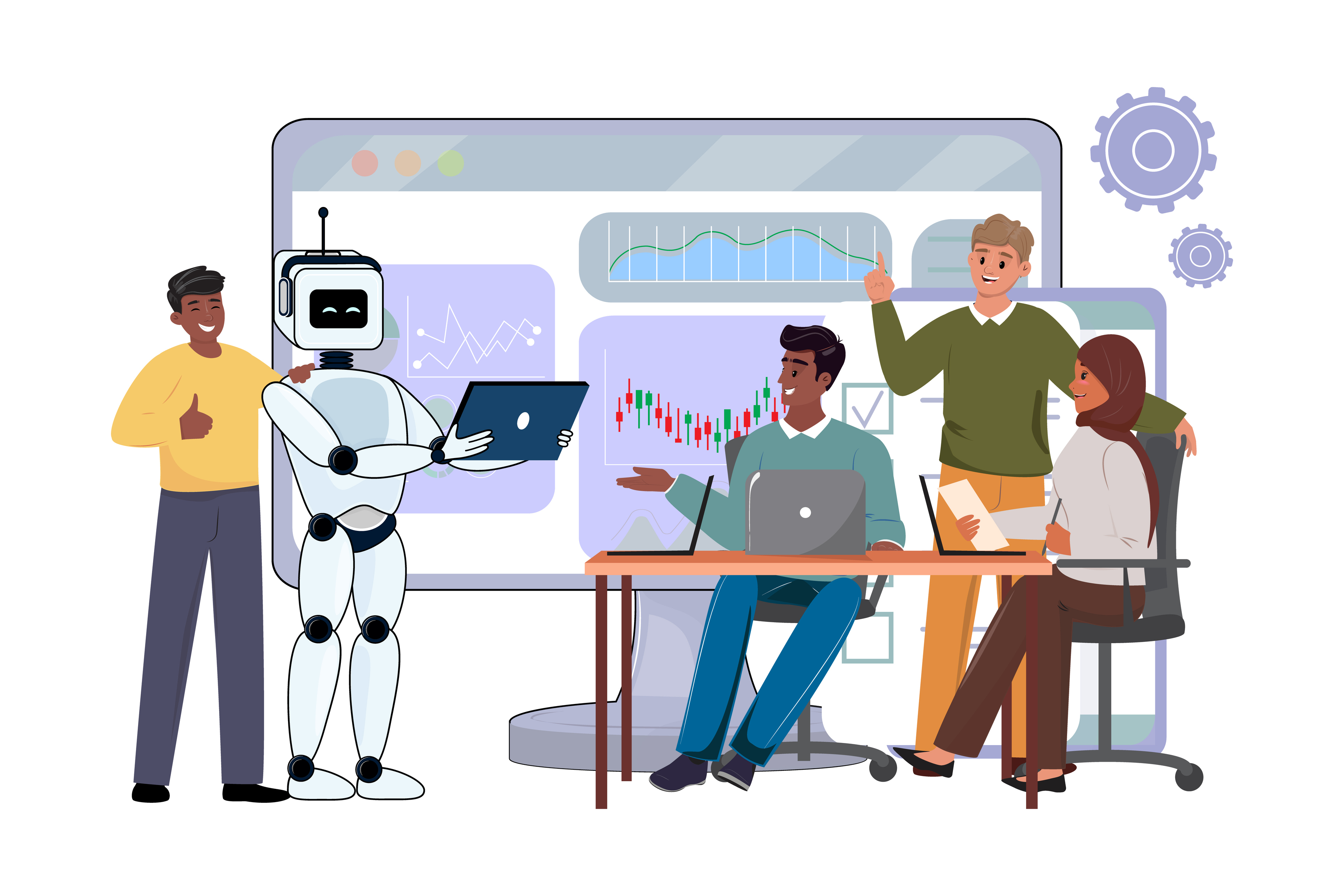Part 2 of the Series: Life-Saving Power of KM in Healthcare. See Part 1: "When Systems Fail: What a Crisis Teaches Us About Knowledge Management"
In my last blog, I spoke about the life-saving potential of Knowledge Management (KM) in healthcare—how a centralized, intelligent, and global knowledge repository can bridge information and infrastructure gaps that can cost lives. But how about if this knowledge system could think, learn, and assist in real time?
This is where Artificial Intelligence (AI) and KM converge, creating a powerful alliance that can transform healthcare as we know it.
From Knowledge Access to Knowledge Intelligence
A well-structured KM system gives doctors access to case studies, treatment protocols, and medical insights. But it still relies on human effort to search, interpret, and apply that knowledge.
Now, with AI embedded into this system, it automatically surfaces the most relevant insights, analyzes patterns across millions of data points, and even predicts potential risks before they manifest.
This isn’t just information at your fingertips. This is intelligence at the point of care.
Real-World Examples of AI-Powered KM in Healthcare
Let’s explore how this can play out:
1. Centralized Diagnostic Assistance
A hospital chain implements a KM system that houses historical patient data, lab results, imaging records, and treatment outcomes. AI runs over this repository to identify common symptom patterns.
- A physician enters symptoms into the system.
- AI cross-matches it with past cases and suggests probable diagnoses.
- The system also flags potential red alerts—like when mild chest pain mirrors patterns seen in early cardiac distress.
Result? Faster, more accurate diagnosis—especially for rare or easily misdiagnosed conditions.
2. Virtual Symptom Triage
In rural clinics or during telehealth consultations, AI-powered KM systems can act as virtual assistants.
- Patients input symptoms into a chatbot interface.
- AI uses KM data to suggest next steps: self-care, consult a GP, or immediate ER visit.
- It can even provide local language support and health literacy tips.
This reduces the burden on doctors and ensures timely intervention for critical cases.
3. Personalized Treatment Pathways
A cancer treatment center uses KM to store anonymized treatment plans, drug combinations, and recovery timelines. AI analyzes these to recommend personalized care pathways based on age, genetic profile, co-morbidities, and more.
This enables precision medicine, backed not just by evidence but by intelligent insights.
4. Predictive Public Health Surveillance
On a population level, AI-enabled KM systems can spot emerging disease trends. For instance:
- A spike in respiratory symptoms was logged in one region.
- AI correlates this with air-quality data and flags possible outbreaks or environmental hazards.
- Authorities receive alerts and initiate preventive measures.
This is how KM and AI can shift healthcare from reactive to predictive.
In this evolved landscape, the role of a Knowledge Manager becomes even more strategic.
- Curating with AI: Use AI to auto-tag and classify content, reduce duplication, and highlight knowledge gaps.
- Analysing Trends: AI helps KMs spot patterns across data sets—be it treatment efficacy, regional symptom clusters, or frequently missed diagnoses.
- Enabling Decision Support: AI tools can suggest knowledge assets based on clinician behaviour, context, or patient condition—delivering knowledge before it’s even requested.
With AI, KM moves from being a repository to being a real-time decision-enabler.
The Future Is Intelligent, Not Just Informed
Healthcare today doesn’t just need more data—it needs smarter systems. Systems that learn from every patient, every symptom, every outcome, and feed that intelligence back into care.
When AI meets KM, we don’t just centralize knowledge—we activate it.
In the final part of this series, I’ll explore the challenges, ethics, and future roadmap for integrating AI with KM in healthcare. Because while the potential is immense, so is the responsibility.
______________________________


.jpeg)


.png)
.png)
.png)
.png)